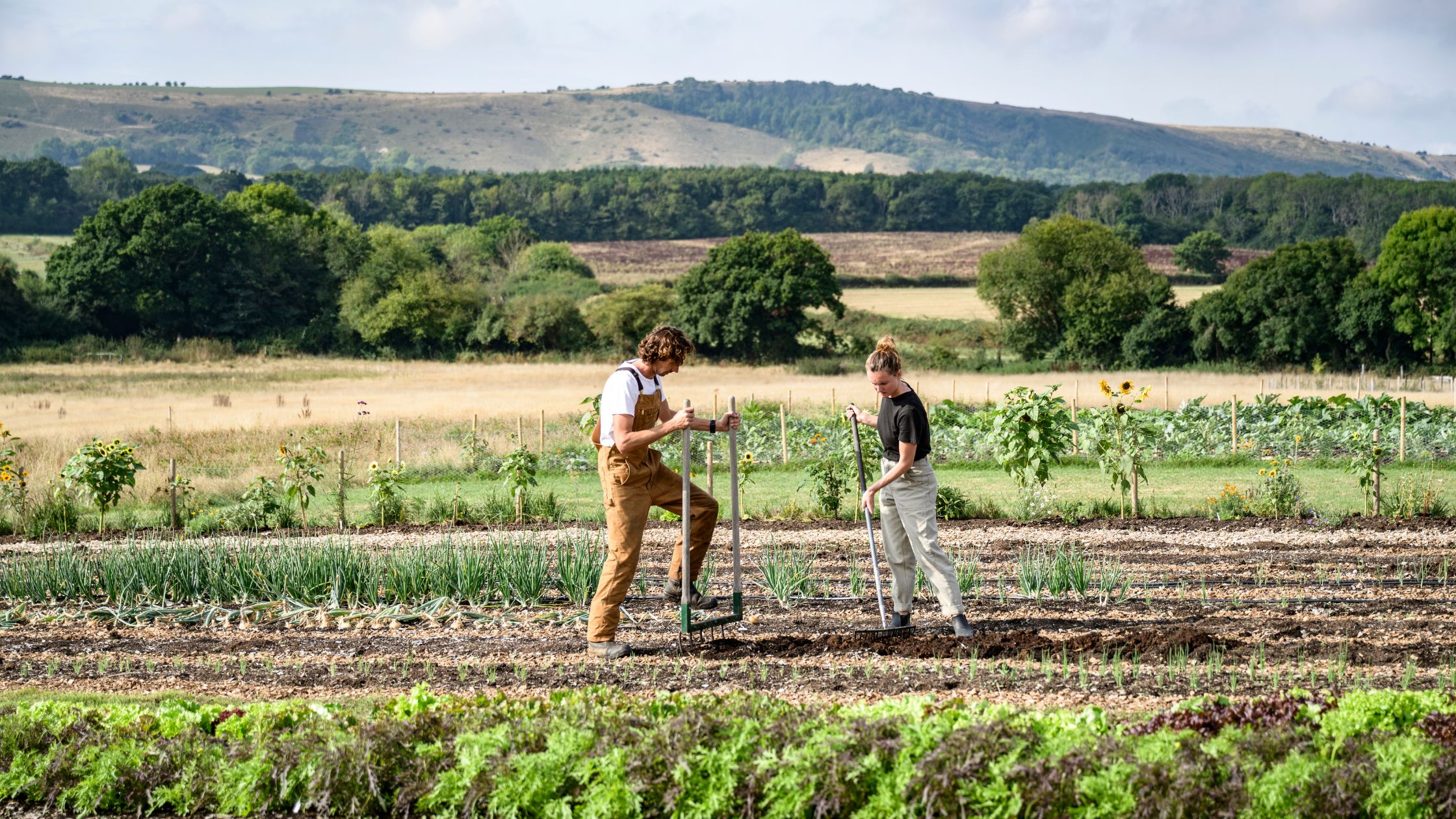Climate change is a topic that frequently makes headlines, primarily focusing on its environmental and weather-related consequences. However, one aspect that deserves more attention is how climate change affects the food we consume. In this blog post, we'll explore the profound repercussions of climate change on the food we eat, with a particular focus on the role of processed foods in exacerbating these challenges.
Climate Change disrupts agriculture in several ways, primarily through extreme weather events like prolonged droughts, devastating floods, heightened fire risks, and temperature fluctuations. These changes directly impact crops, potentially reducing the availability of fresh, nutrient-rich foods.
The Dark Side of Ultra-Processed Foods
The majority of primary ingredients in ultra-processed foods, such as corn, are derived from monoculture farming, where the same crop is repeatedly cultivated in the same area. Coupled with excessive water consumption and the heavy use of chemical pesticides and fertilizers like glyphosate, these practices contribute to soil erosion, water pollution, and the loss of biodiversity. Additionally, the carbon footprint of these processed foods, due to extensive transportation, further intensifies their environmental impact.
Climate Change Impacts on Agriculture and Food Supply
Climate change can affect agriculture and the food supply in three critical ways. First, changes in agricultural productivity may demand increased irrigation due to a warmer growing season. Second, climate-induced heavy precipitation can lead to soil erosion, affecting soil and water resources. Lastly, climate change poses health challenges for agricultural workers and livestock, including exposure to extreme weather, pesticides, and deteriorating air quality.
Health Implications of Processed Foods
Processed foods are not just detrimental to the environment but also to our health. Artificial additives, unhealthy fats, and refined sugars found in these foods have been linked to conditions like heart disease, diabetes, and obesity. Thus, the consequences of consuming processed foods extend beyond our plates and directly affect our well-being.
Cultivated meat has been hailed as a more environmentally friendly alternative to traditional livestock farming. However, recent research suggests that its global warming potential could be four to 25 times greater than that of retail beef. As we explore this emerging food source, it's essential to consider its environmental impact and its implications for our health.
A Call for Sustainable and Regenerative Agriculture
To mitigate the impact of climate change on our food supply, we must prioritize sustainable and regenerative agricultural practices. These approaches focus on enhancing soil health, promoting environmental equilibrium, and supporting local farmers. By choosing organic or sustainably produced foods and advocating for biodiversity across all sectors of our environment, we can contribute to a more sustainable food system.
Conclusion
Understanding the impact of climate change on our food is essential for both our health and the health of our planet. By making informed choices, supporting sustainable practices, and demanding transparency from food producers, we can help create a better future for ourselves, future generations, and the entire ecosystem. Climate change is a global challenge that requires individual and collective action – let's start by transforming our relationship with food for the better.
In addition to the information above, I highly recommend watching this informative video interview with Dr. Ben Orlove. Dr. Orlove is an expert in the field of climate change and its effects on food systems. In this interview Ben and I cover a wide range of topics from deforestation to high impact foods, water usage, composting and more.

